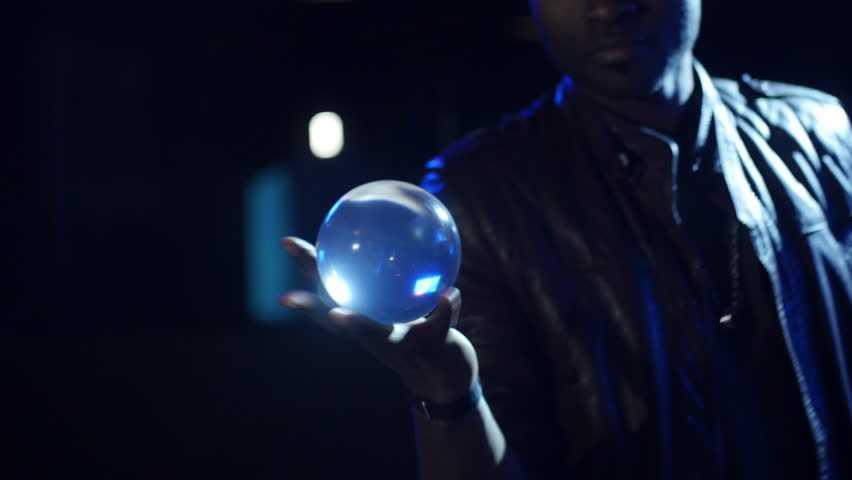The role that social cues play during magic tricks
In the vanishing ball illusion, a study found that when the magician pretends to throw the ball in the air, and his gaze follows the imaginary trajectory of the ball, almost two-thirds of the participants will be convinced that they had seen the ball move up. If his gaze did not follow the imaginary ball, the illusion was far less effective.
This illustrates that the illusion is mostly driven by expectations. Our eyes find it difficult to track fast-moving objects. Looking at the ball is only possible when we can predict where it will be in the future.
94
520 reads
CURATED FROM
IDEAS CURATED BY
The idea is part of this collection:
Learn more about problemsolving with this collection
How to challenge assumptions
How to generate new ideas
How to break out of traditional thinking patterns
Related collections
Similar ideas to The role that social cues play during magic tricks
The ghost ball trick
A magician sat at a table in front of a group of schoolchildren. He threw a ball up in the air a few times, but before his last throw, he secretly let the ball fall into his lap. Then he continued to throw an imaginary ball up in the air. Surprisingly, more than half the children claimed to have ...
Read & Learn
20x Faster
without
deepstash
with
deepstash
with
deepstash
Personalized microlearning
—
100+ Learning Journeys
—
Access to 200,000+ ideas
—
Access to the mobile app
—
Unlimited idea saving
—
—
Unlimited history
—
—
Unlimited listening to ideas
—
—
Downloading & offline access
—
—
Supercharge your mind with one idea per day
Enter your email and spend 1 minute every day to learn something new.
I agree to receive email updates
